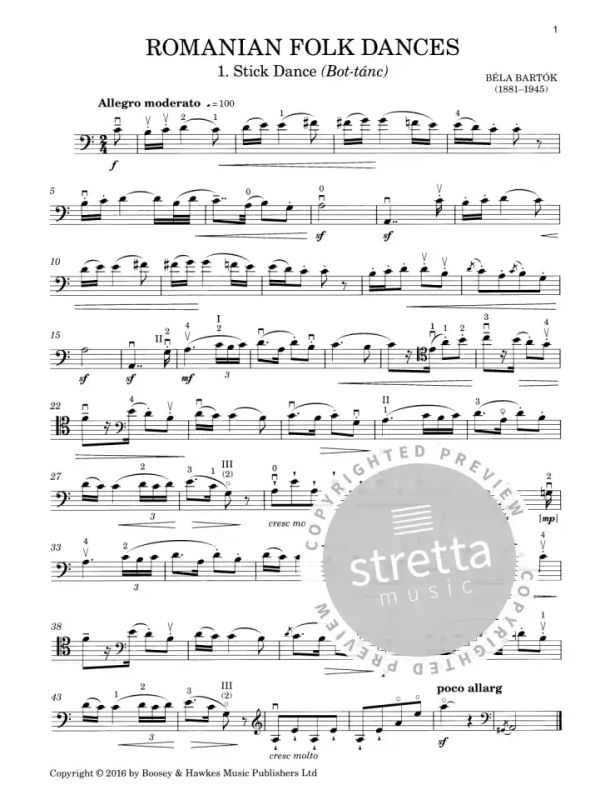
On Wednesday, we heard a prominent example of Bartók’s “Night music” in the ghostly third movement of Music for Strings, Percussion and Celesta. They surround us with the feeling and atmosphere of the night. Instead, these moments contain something more vague and terrifying.

These passages, which are known as “Night music,” evoke the hum of insects and other distant murmurs we might hear in a lonely field on a summer night. Bartók held a spiritual reverence for “Nature, Art, and Science.” But the “Night music” doesn’t offer the kind of poetic tone painting we hear in Beethoven’s Pastoral Symphony.

Strange, haunting, nocturnal sounds emerge throughout the music of twentieth century Hungarian composer Béla Bartók.


 0 kommentar(er)
0 kommentar(er)
